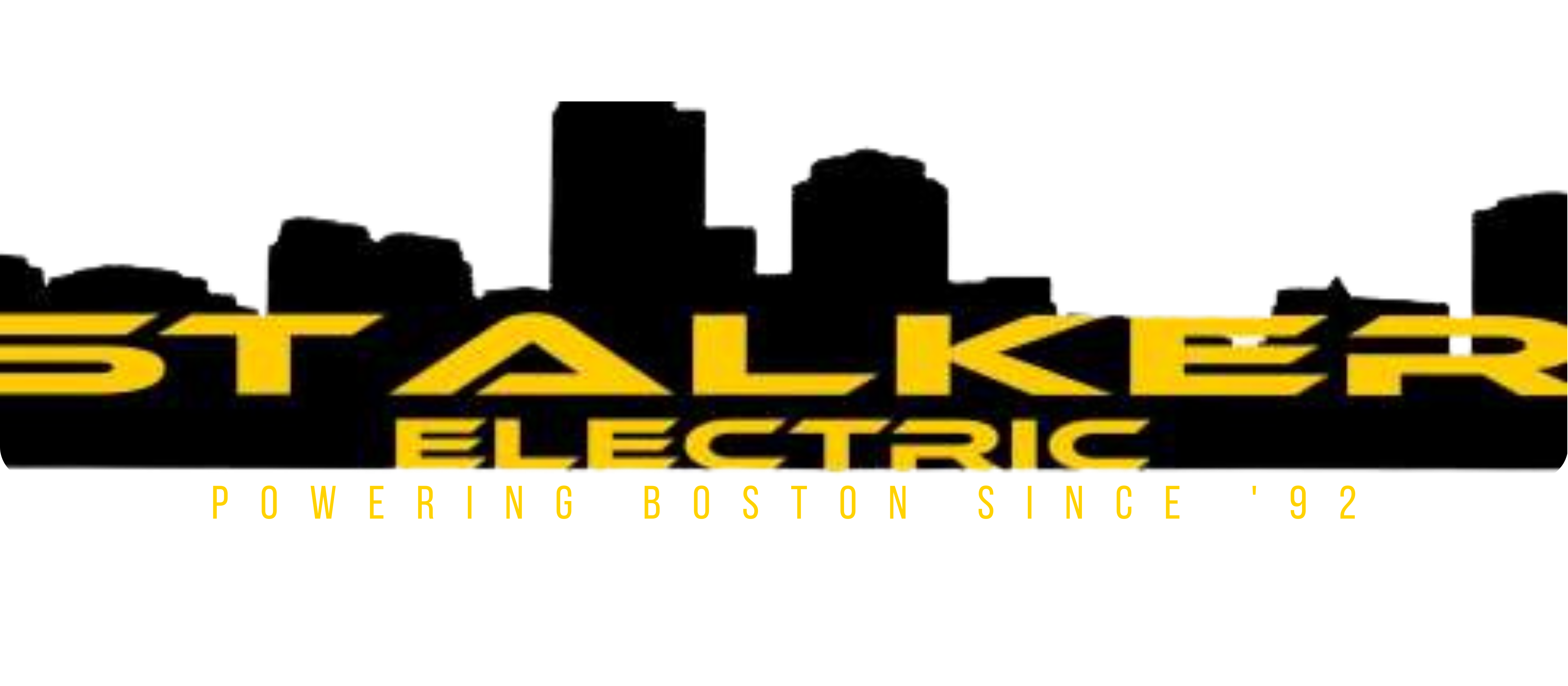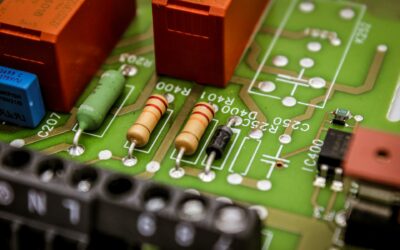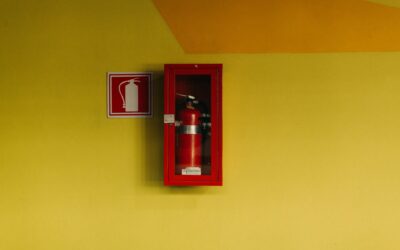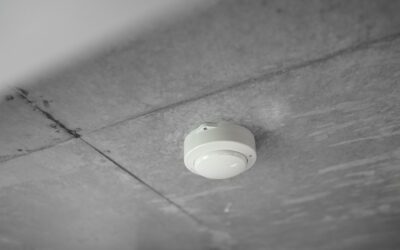Every business owner strives for smooth operation and a productive environment. But what happens when the lights start to flicker, the breakers keep tripping, or even worse, vital equipment loses power? Electrical problems in commercial buildings can be more than just an inconvenience—they can disrupt workflow, cost you money in lost productivity, and even pose a safety hazard.
By understanding the signs and causes of these problems, you can take proactive steps to prevent them and ensure your business keeps running smoothly. We’ll also provide tips on identifying potential issues early on and knowing when to call a qualified electrician to address them.
So, let’s flip the switch on electrical woes and explore the most common issues in commercial buildings. With knowledge and awareness, you can keep your business powered up for success!
Common Electrical Issues in Commercial Buildings
1. Frequent Power Outages and Electrical Surges
Frequent power outages and electrical surges can be a significant issue for any property. Both of these problems can disrupt your daily activities and potentially damage your appliances and equipment. Power outages can occur for various reasons, such as severe weather, transformer failures, or problems with the utility company. During an outage, your electric devices stop working, which can be inconvenient and sometimes even dangerous.
Electrical surges, on the other hand, are sudden increases in voltage that can damage or destroy sensitive electronics. These surges can be caused by lightning strikes, faulty wiring, or the sudden power load changes when large appliances are turned on or off.
It’s crucial to protect your property by installing surge protectors and keeping your electrical system in good condition. Regular inspections can help identify and fix issues before they lead to more significant problems.
2. Overloaded Circuits and Unreliable Wiring
Overloaded circuits and unreliable wiring are common electrical problems that pose serious risks. Overloading occurs when too many devices are plugged into a single circuit, causing it to draw more power than it can handle. This can lead to overheating, blown fuses, or even electrical fires. To prevent overloading, distribute your electrical load across multiple circuits and avoid using too many high-powered appliances at once.
Unreliable wiring is another concern, particularly in older buildings where the electrical system may not have been updated to meet current safety standards. Faulty or outdated wiring can cause frequent tripping of circuit breakers, flickering lights, and even electrical shocks.
Regularly inspecting your wiring and replacing any that is damaged or obsolete is essential for maintaining safety. If you notice frequent issues with your circuits or wiring, it may be time to consult a professional to assess and upgrade your electrical system.
3. Faulty Lighting Systems and Solutions
Faulty lighting systems can cause numerous issues, ranging from minor inconveniences to significant safety hazards. One common problem is flickering lights, which can be caused by loose connections, faulty wiring, or defective bulbs.
Flickering lights are annoying and can indicate more serious electrical issues that might pose a fire risk. Another issue is lights that don’t turn on at all, often due to problematic switches or failed fixtures.
To address these issues, start by checking the most straightforward options—like replacing bulbs or tightening any visible loose connections. If the problem persists, it may require examining the electrical circuits involved.
Sometimes, the issues stem from outdated or incompatible fixtures, requiring an upgrade to more reliable and energy-efficient lighting solutions. Consulting with an electrical professional ensures proper diagnosis and repair, keeping your lighting systems reliable and safe.
4. Preventative Maintenance Tips for Electrical Systems
Preventative maintenance is essential for keeping your electrical systems safe and functional. It helps identify and resolve potential issues before they become major problems. One fundamental tip is to check and replace any frayed or damaged wiring regularly. This prevents short circuits and reduces the risk of electrical fires. Inspecting your circuit breakers for wear and tear is also important; replace old or malfunctioning breakers to maintain reliable power distribution.
Another key maintenance task is to test your electrical outlets and switches periodically. Loose connections can cause overheating and pose a fire hazard, so tightening any loose terminals is crucial. Using surge protectors for sensitive electronics can prevent damage from power surges.
It’s also a good practice to have a professional perform an annual electrical inspection. This ensures compliance with safety standards and identifies any potential hazards. Regular maintenance not only extends the lifespan of your electrical systems but also ensures the safety of everyone in the building.
Don’t Let Electrical Problems Zap Your Success
Understanding and addressing electrical issues such as faulty lighting systems and the importance of preventative maintenance can significantly enhance the safety and efficiency of your property.
Regular inspections and timely repairs prevent minor problems from evolving into major hazards, ensuring the well-being of everyone within the space. By staying proactive with maintenance, you keep your systems in optimal condition and avoid unnecessary disruptions.
At Stalker Electric, we are committed to providing expert solutions for all your electrical needs. Whether you need to upgrade your lighting systems or ensure comprehensive maintenance, we are here to help.
Contact our electric contractors today to learn more about how we can help you maintain a safe and efficient electrical system for your property.






0 Comments